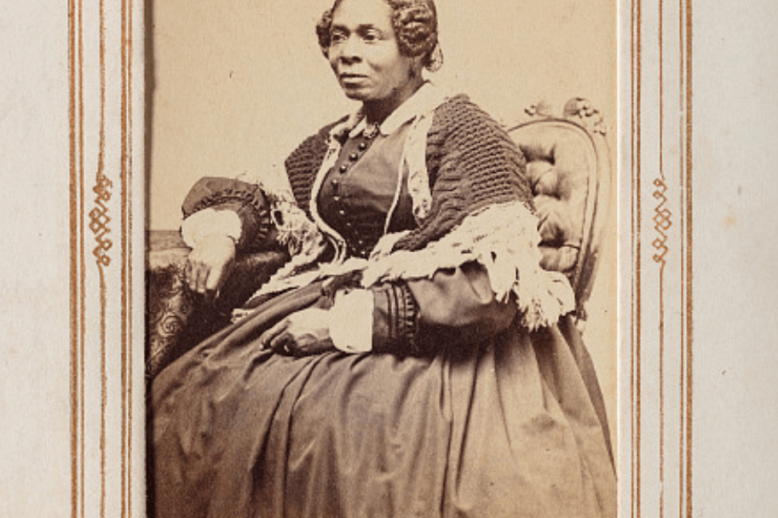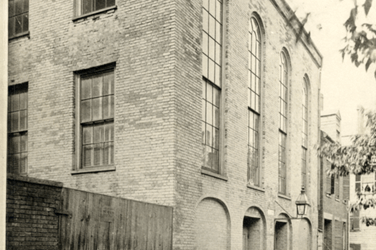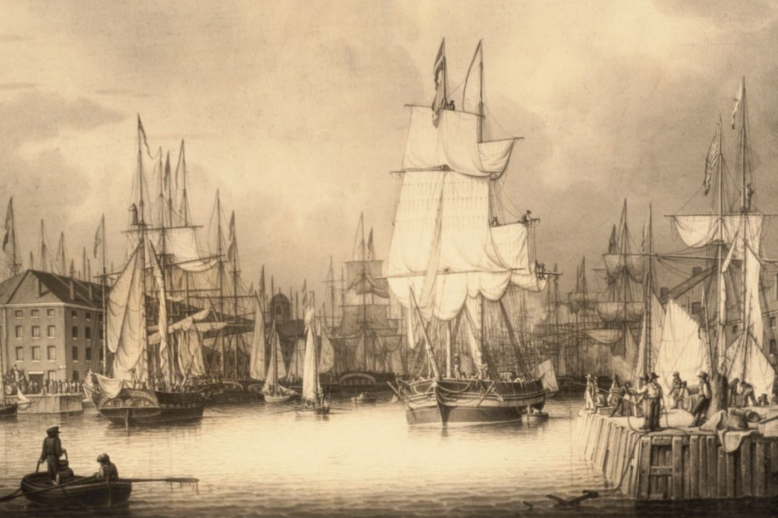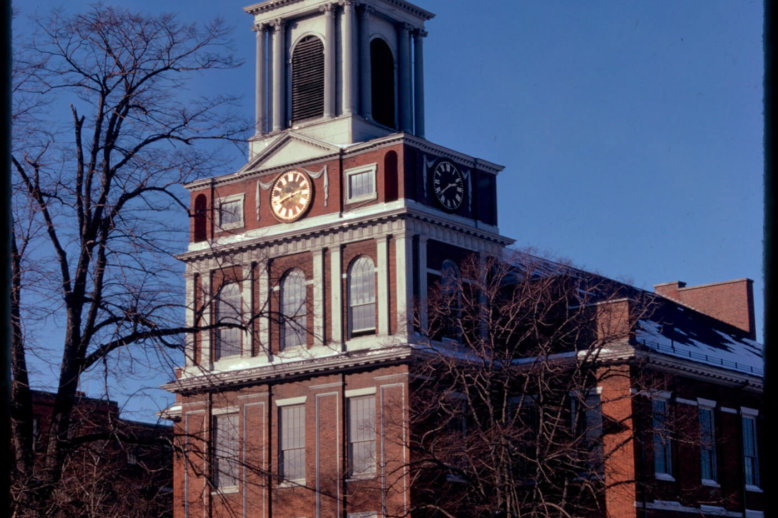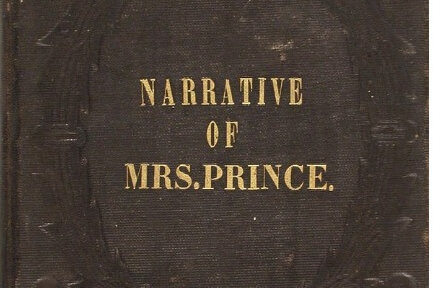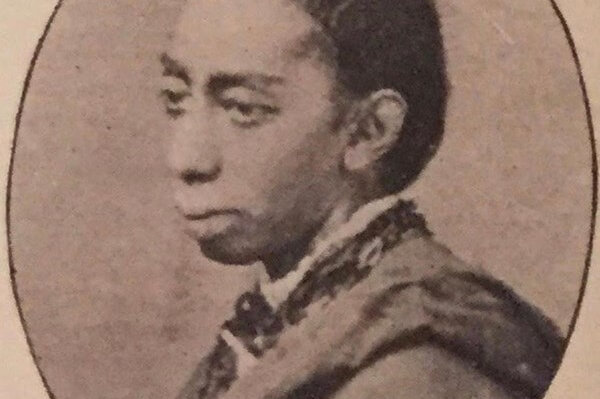Christiana Carteaux Bannister and Edward Mitchell Bannister
Entrepreneur Christiana Carteaux Bannister and artist Edward Mitchell Bannister married in Boston’s West End in 1857. Throughout the 1850s and 1860s, they were active in Boston’s abolitionist and artistic communities. During these years and beyond, their symbiotic financial and creative partnership helped to bolster both of their careers and their community connections.



